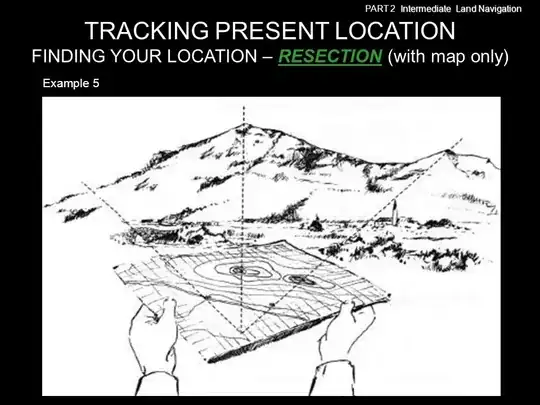There is a common misunderstanding about the relation between ordinary mathematics and its foundations, which is manifested by the use of such expressions as "mathematicians 'work in' this or that foundations."
Mathematicians do not necessarily "work in" any foundations; ordinary mathematics actually has greater degree of self-evidence than its foundations.
To illustrate the point, let's take navigation for example:
 Mathematics to its various foundations is like your current location to the landmarks towards which you shoot your azimuths. Any two landmarks suffice to determine the latitude and longitude of your location, but different sets of landmarks do not change the latitude and longitude of your location. And most people go about their daily business without ever knowing their lat and long.
Mathematics to its various foundations is like your current location to the landmarks towards which you shoot your azimuths. Any two landmarks suffice to determine the latitude and longitude of your location, but different sets of landmarks do not change the latitude and longitude of your location. And most people go about their daily business without ever knowing their lat and long.
To show that a set of axioms is a valid foundation of mathematics, one only needs to deduce from this set of axioms ordinary mathematics.
Is ZFC fundamental? Not in my opinion, but this question is contentious. You can say the Renaissance started this modern age, but the causal chain can be traced further back: the Greeks in antiquity transmitted something very useful into the future; Renaissance men received this signal and responded.
Along the chain of deductions, Whitehead and Russell traced much further back than ZFC. Because formalists do not care about meanings, Gödel sentence is a big deal to formalists. To logicists, meaning is fundamental and is very important; Gödel's sentence has no meanings and thus presents no challenge to logicism.
When I was in school, dialectical materialism was taught as a matter of fact. Nowadays I don't automatically assume that everything taught in school is worth my time.
For more information, take a look at Hisotry of predicate logic
